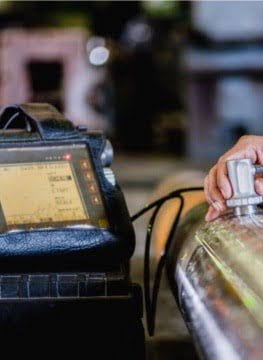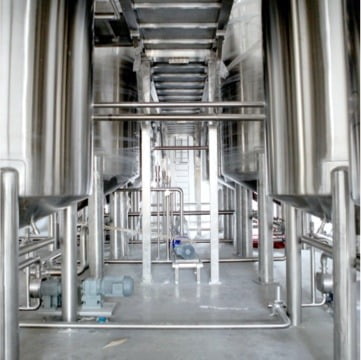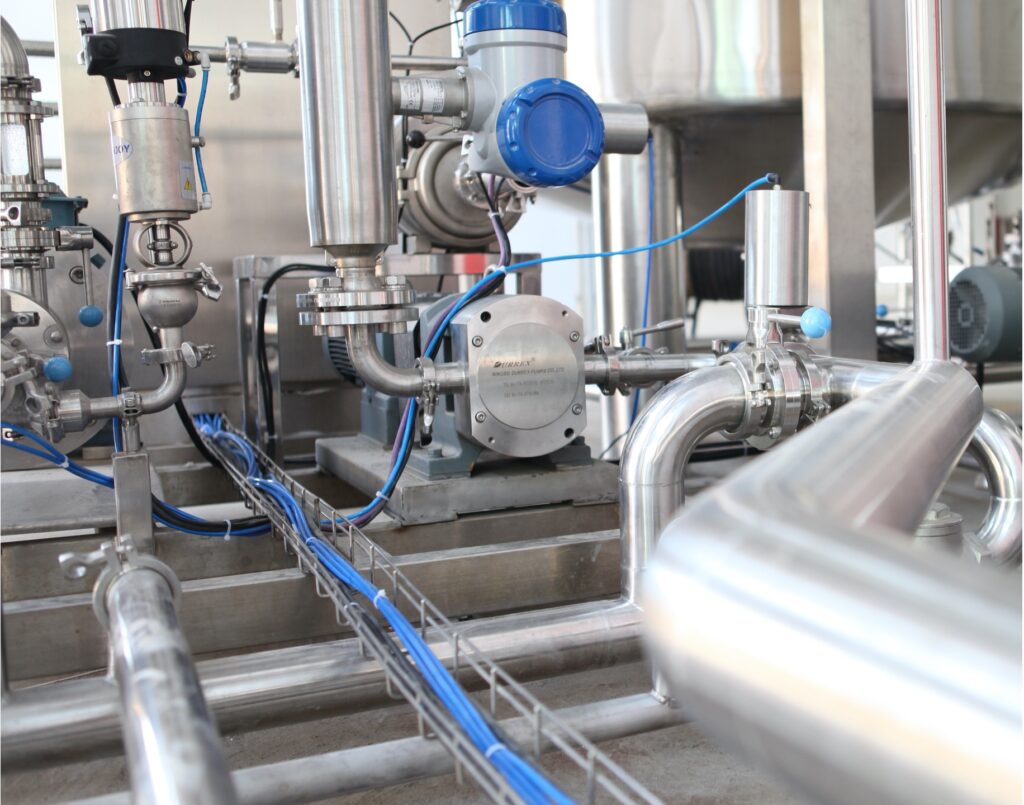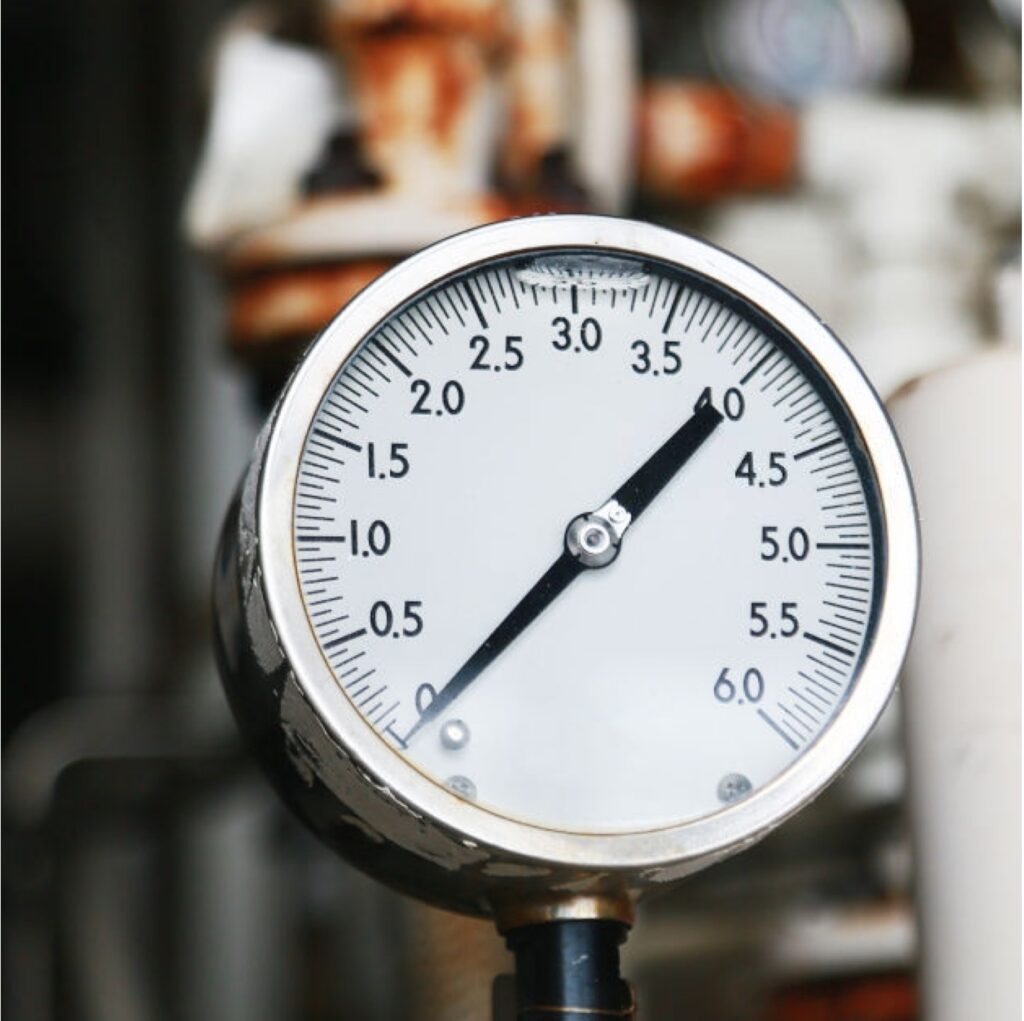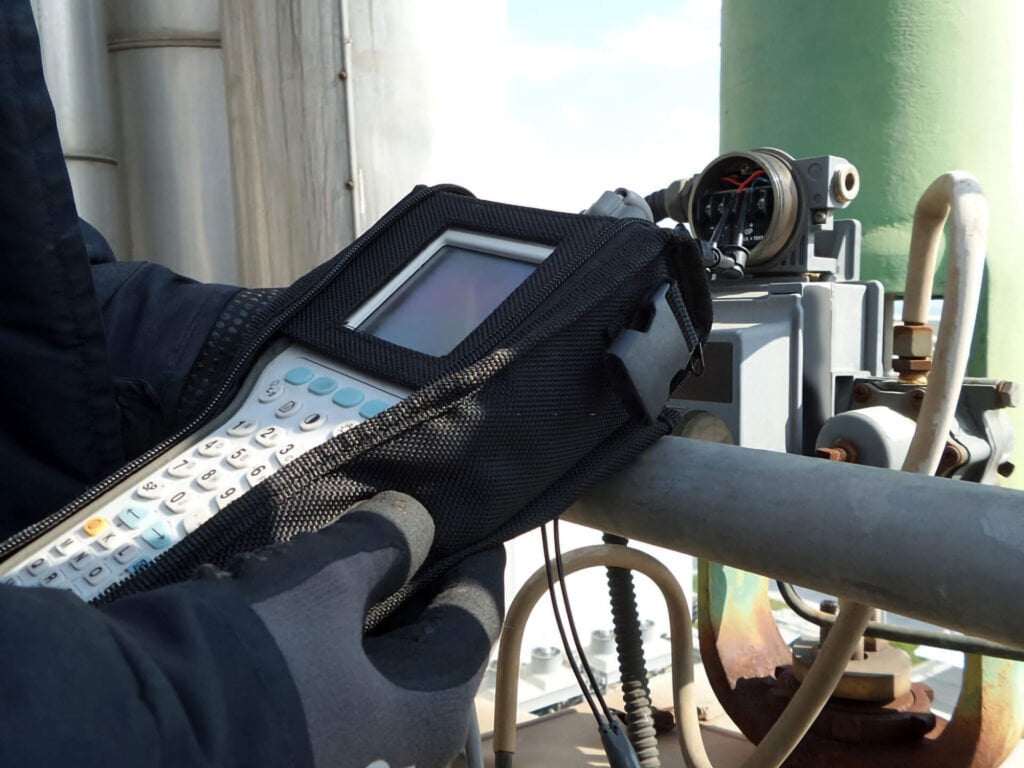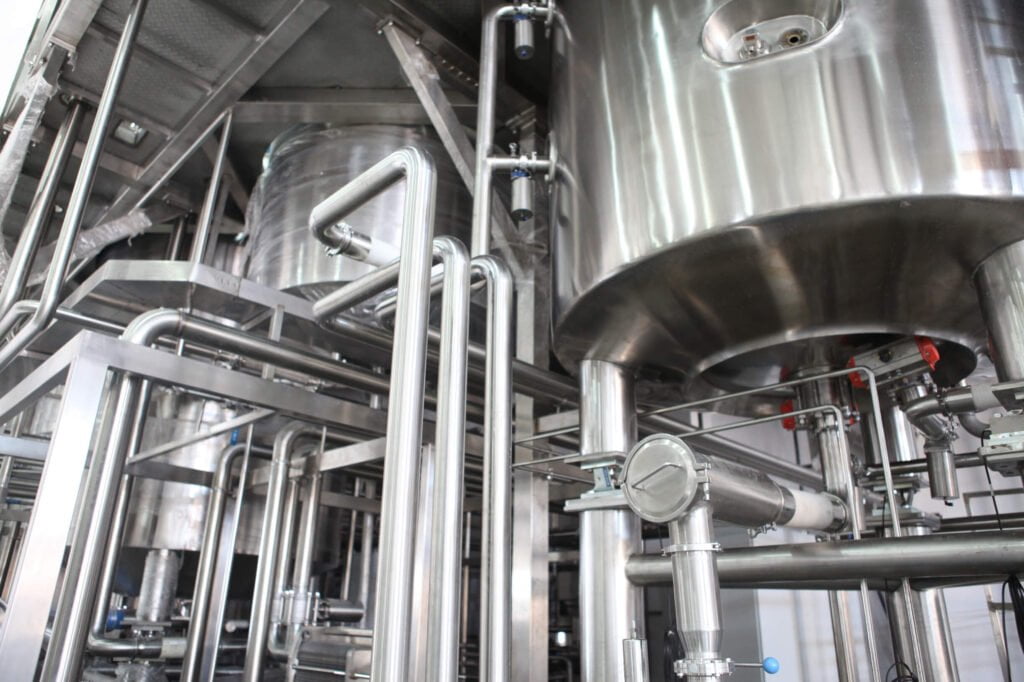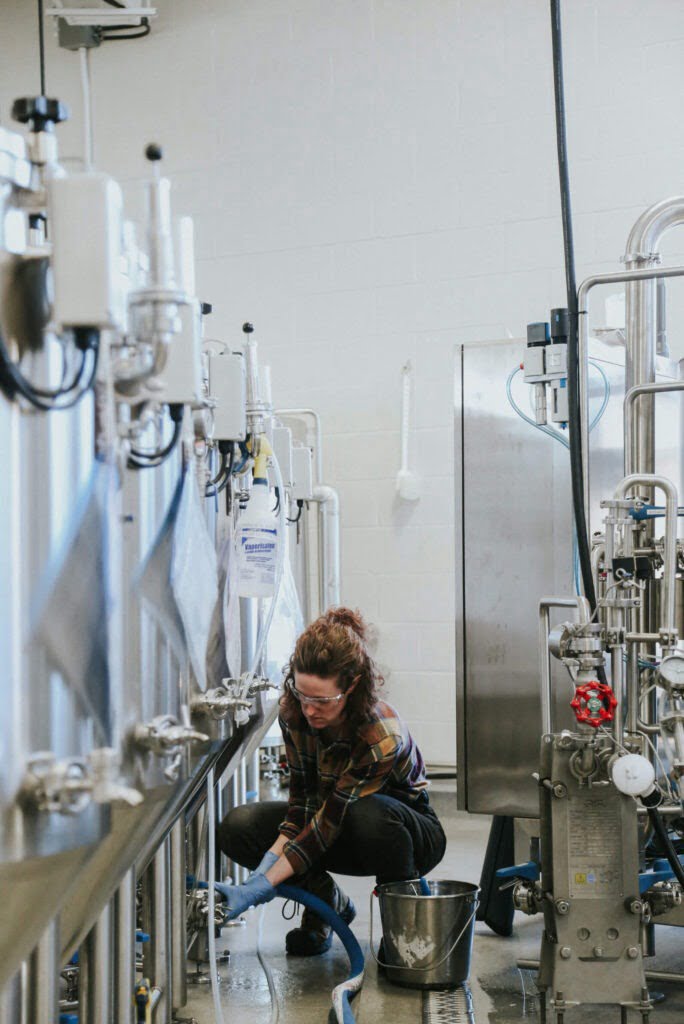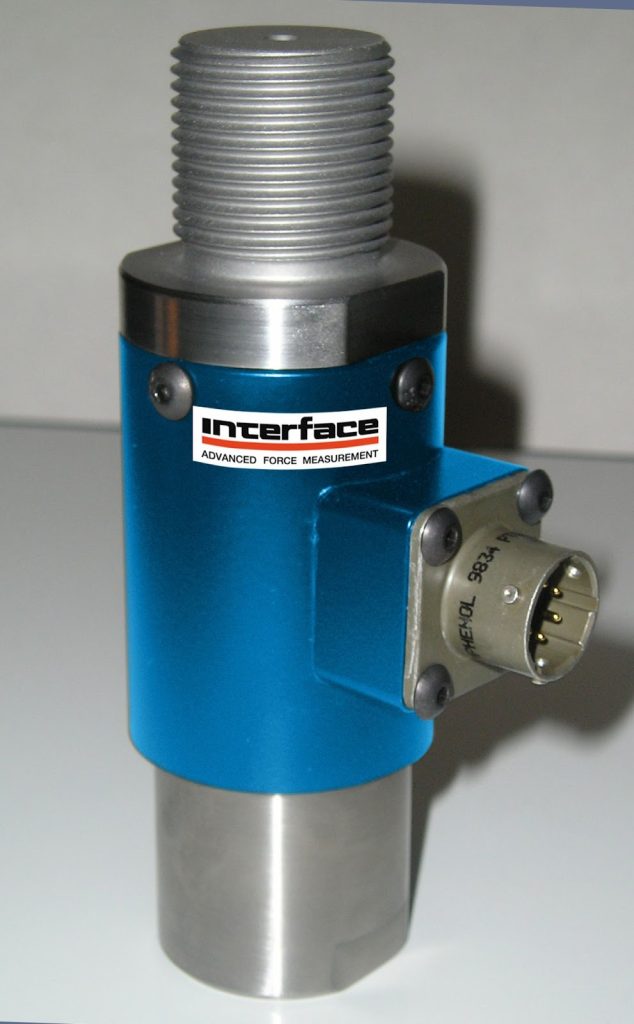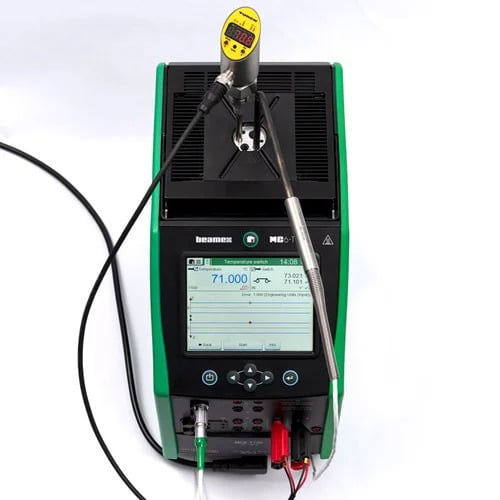
Understanding Temperature Measurement
Accurate temperature measurement is critical across various industries, including mining, food and beverage, pharmaceuticals, and manufacturing. Whether ensuring product quality, maintaining safety standards, or optimising industrial processes, selecting the right temperature measuring instrument is essential.
But what instruments are used to measure temperature? Different temperature measurement devices are available, each designed for specific applications. This article explores the most widely used temperature measuring devices, their principles of operation, and their applications.
Common Instruments Used to Measure Temperature
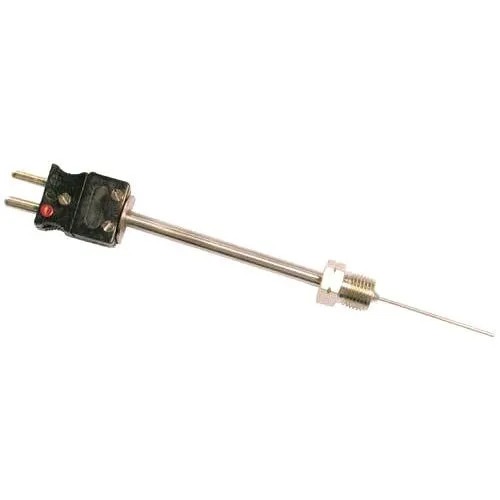
Thermocouples
A thermocouple consists of two metals joined at one end, producing a voltage signal that changes with temperature variations. This signal allows for precise temperature measurement across a broad temperature range.
Applications:
- Industrial furnaces and kilns
- Power plants
- HVAC systems
Advantages:
- Fast response time
- Suitable for extreme environments
- Durable and widely used in high-temperature applications
Thermocouples remain a trusted choice in industries requiring rugged sensors and fast response times. Their ability to endure extreme conditions makes them indispensable in both heavy-duty and precision-based environments.
Resistive Temperature Devices (RTDs and Thermistors)
Resistive temperature devices operate by measuring the change in electrical resistance as temperature rises. RTDs offer high accuracy, while thermistors provide fast response times in specific temperature ranges.
Applications:
- Scientific laboratories
- Medical equipment
- Environmental monitoring
Advantages:
- Highly accurate readings
- Stable performance over time
- Suitable for sensitive temperature monitoring
RTDs and thermistors are ideal when accuracy and consistency are paramount. They are well-suited for applications where small temperature variations can impact outcomes or compliance.

Infrared Thermometers
Infrared thermometers work by detecting infrared radiation emitted by an object to infer temperature. These non-contact sensors are particularly useful in high-temperature or hazardous environments where direct contact is not feasible.
Applications:
- Industrial machinery monitoring
- Food safety inspections
- Medical diagnostics
Advantages:
- No physical contact required
- Provides instant temperature readings
- Suitable for measuring moving or hazardous materials
These devices offer a safe and efficient way to monitor temperature without interrupting the process. They are a valuable tool in settings where access is limited or where cleanliness is a priority.
Bimetallic Devices
Bimetallic devices function based on the thermal expansion of two metals bonded together. The expansion difference causes mechanical movement, which can be used for temperature recording or direct temperature reading.
Applications:
- Household and industrial thermostats
- HVAC systems
- Oven temperature control
Advantages:
- Simple and reliable
- Does not require external power
- Cost-effective for temperature monitoring
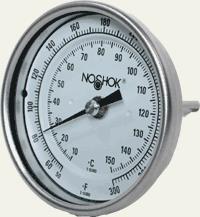
Bimetallic devices continue to serve as dependable solutions for everyday and industrial temperature control. Their simplicity and low cost make them especially useful in long-term, low-maintenance applications.
Mercury Thermometers and Liquid Expansion Devices
These temperature measurement instruments operate using a glass tube filled with a liquid (such as mercury or alcohol) that expands with temperature rise. The height of the liquid column corresponds to the measured temperature.
Applications:
- Scientific and laboratory use
- Weather monitoring
- Industrial temperature control
Advantages:
- Easy to use
- Requires no external power
- Suitable for both high and low temperatures
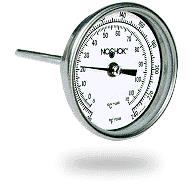
Though less commonly used today due to safety concerns, mercury thermometers and other liquid expansion devices still provide a reliable solution for straightforward, manual temperature measurement tasks.
Infrared Sensors and Thermal Radiation Devices
Infrared sensors measure thermal radiation emitted by an object to determine surface temperature. These sensors provide precise temperature measurement without direct contact.
Applications:
- Industrial and environmental monitoring
- Automotive diagnostics
- Fire safety and detection
Advantages:
- High-speed response
- Ideal for measuring extreme temperatures
- Effective in remote or hazardous conditions
For fast, contactless measurements of high or hard-to-reach temperatures, infrared sensors offer a safe and efficient solution. Their reliability in harsh environments adds value across several industries.
Digital Thermometers
Digital thermometers use electronic sensors to provide accurate temperature measurement with real-time display. These are widely used in both industrial and medical applications.
Applications:
- Laboratory and clinical use
- Food safety monitoring
- Industrial equipment monitoring
Advantages:
- Fast and accurate readings
- Digital display for easy interpretation
- Can store temperature data for tracking
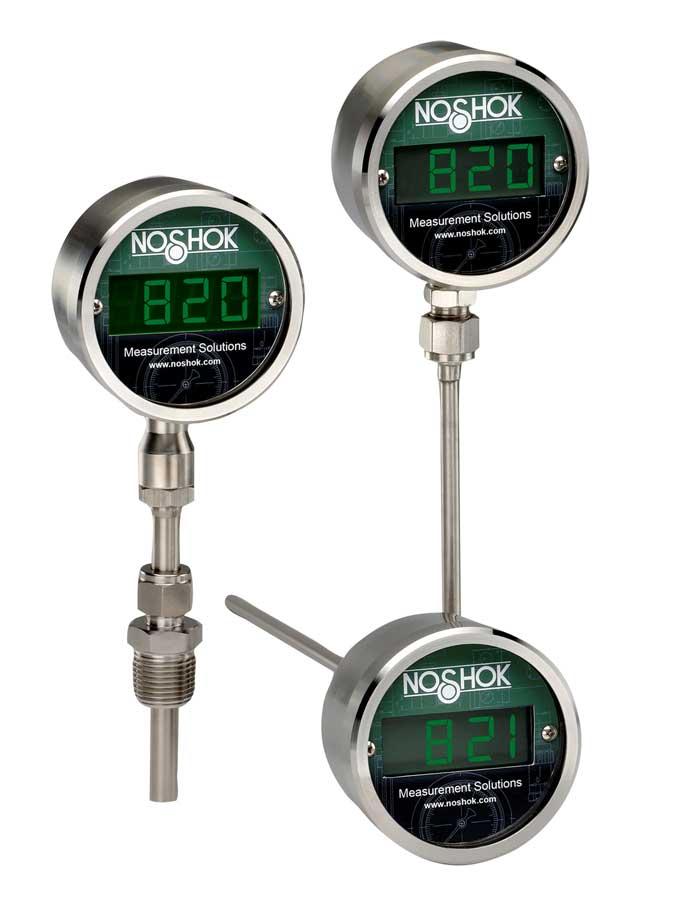
Digital thermometers are valued for their convenience and precision. With features like data logging and real-time alerts, they are ideal for operations requiring ongoing temperature monitoring and compliance tracking.
Why Choosing the Right Temperature Measuring Instrument Matters
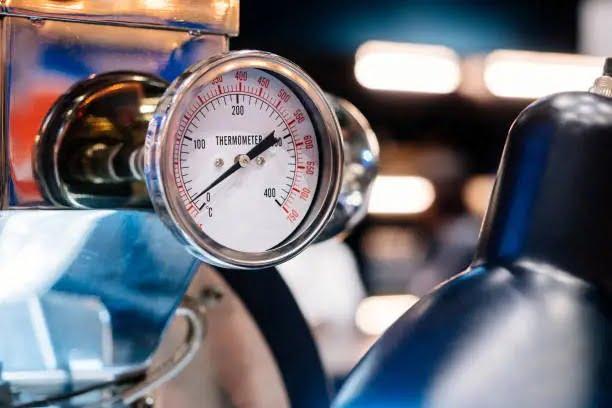
Selecting the right temperature measurement instrument depends on several factors, including temperature range, response time, and environmental conditions. Industries rely on temperature monitoring to ensure quality control, safety compliance, and process efficiency.
Get the Most Accurate Temperature Measurement Solutions
Choosing the appropriate temperature measuring instrument is essential for maintaining operational efficiency and product integrity. At AMS, we provide high-quality and reliable temperature measurement devices tailored to various industries. Our expert team can help you find the best solution for your specific requirements.
Visit our contact-us page to learn more about our temperature measurement instruments and how they can enhance your operations.
